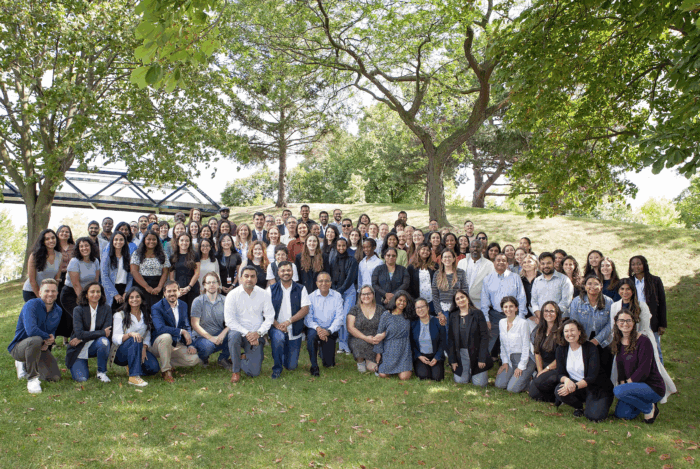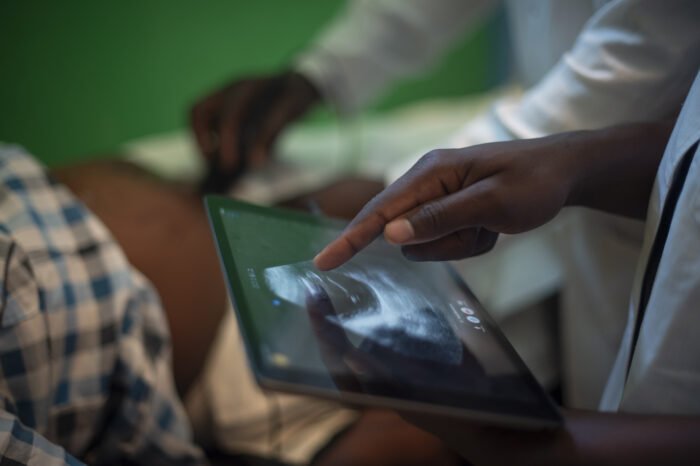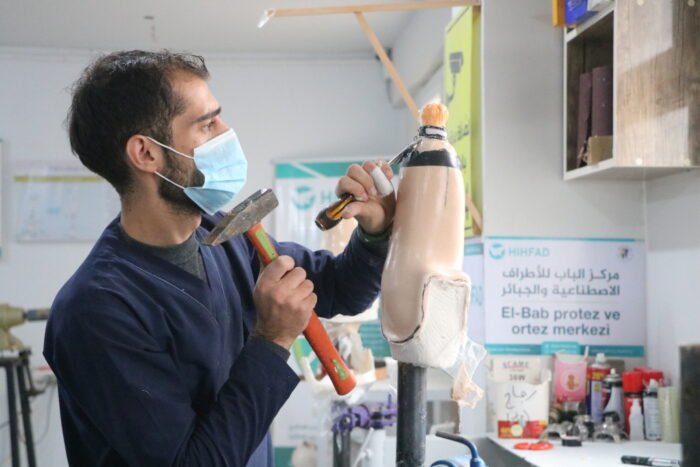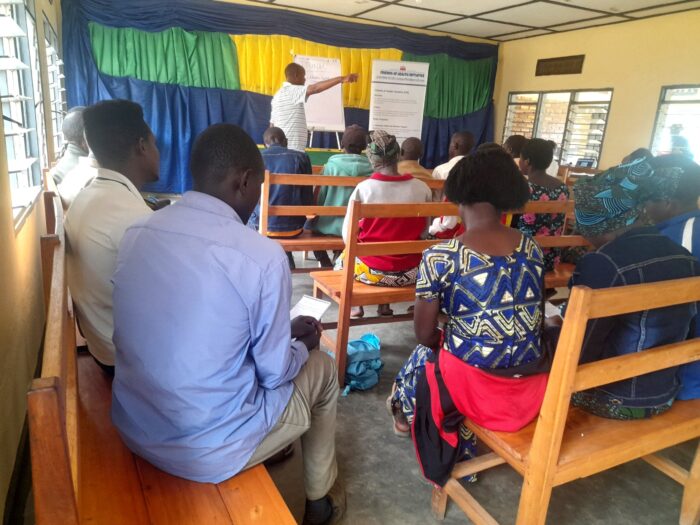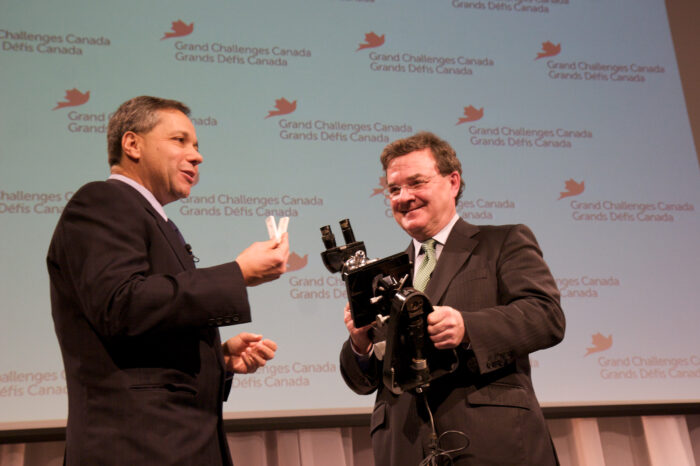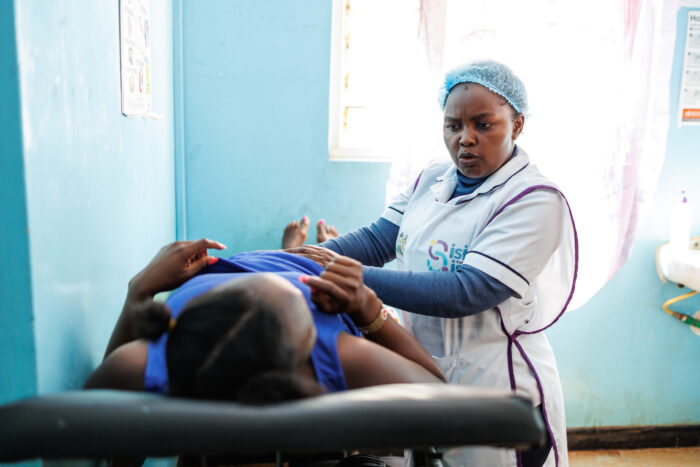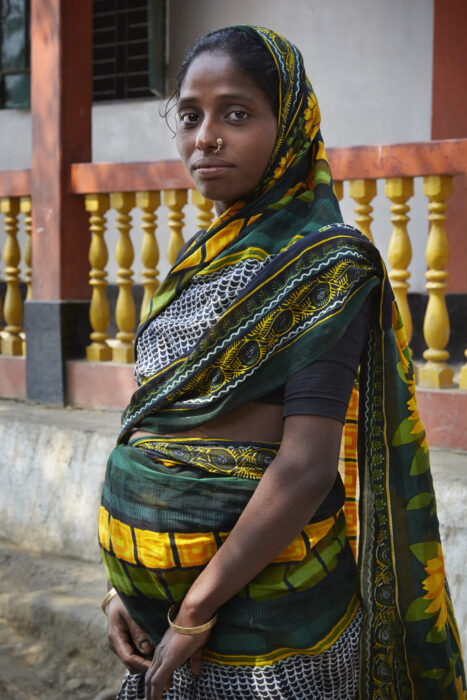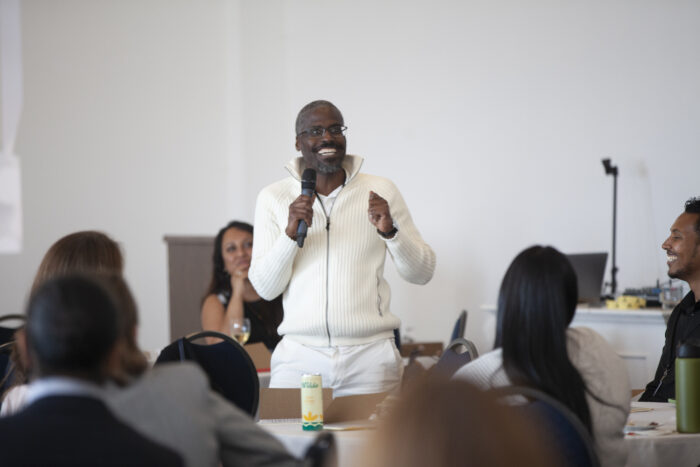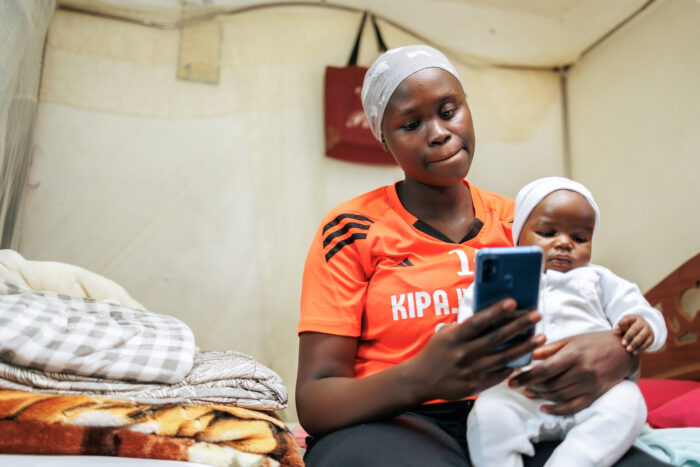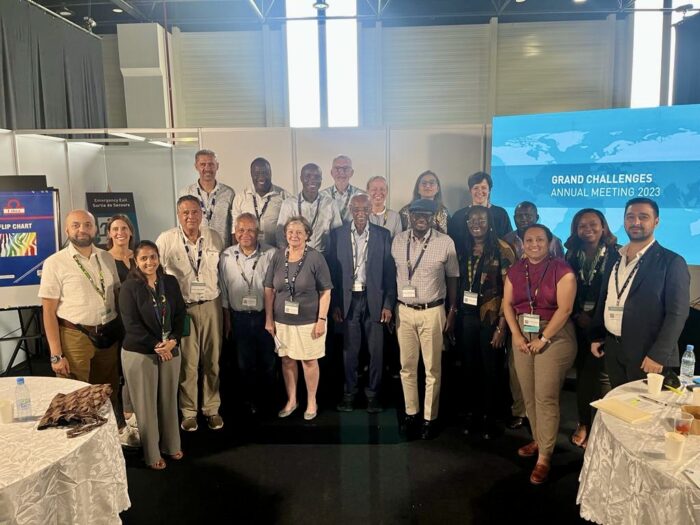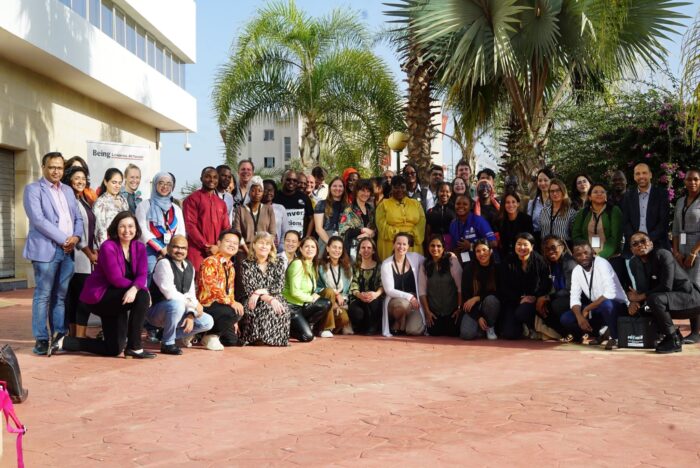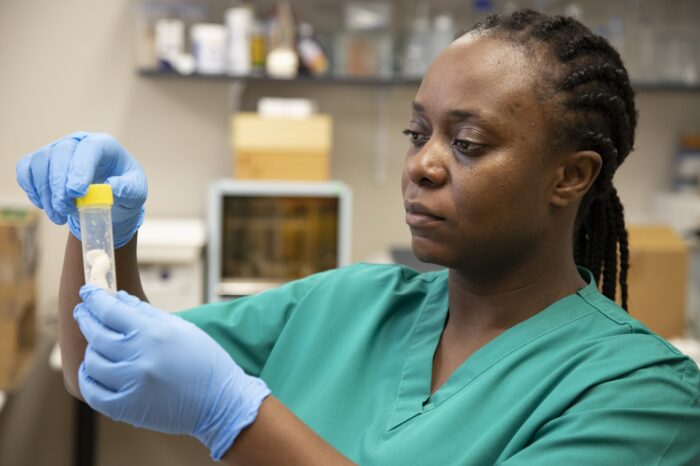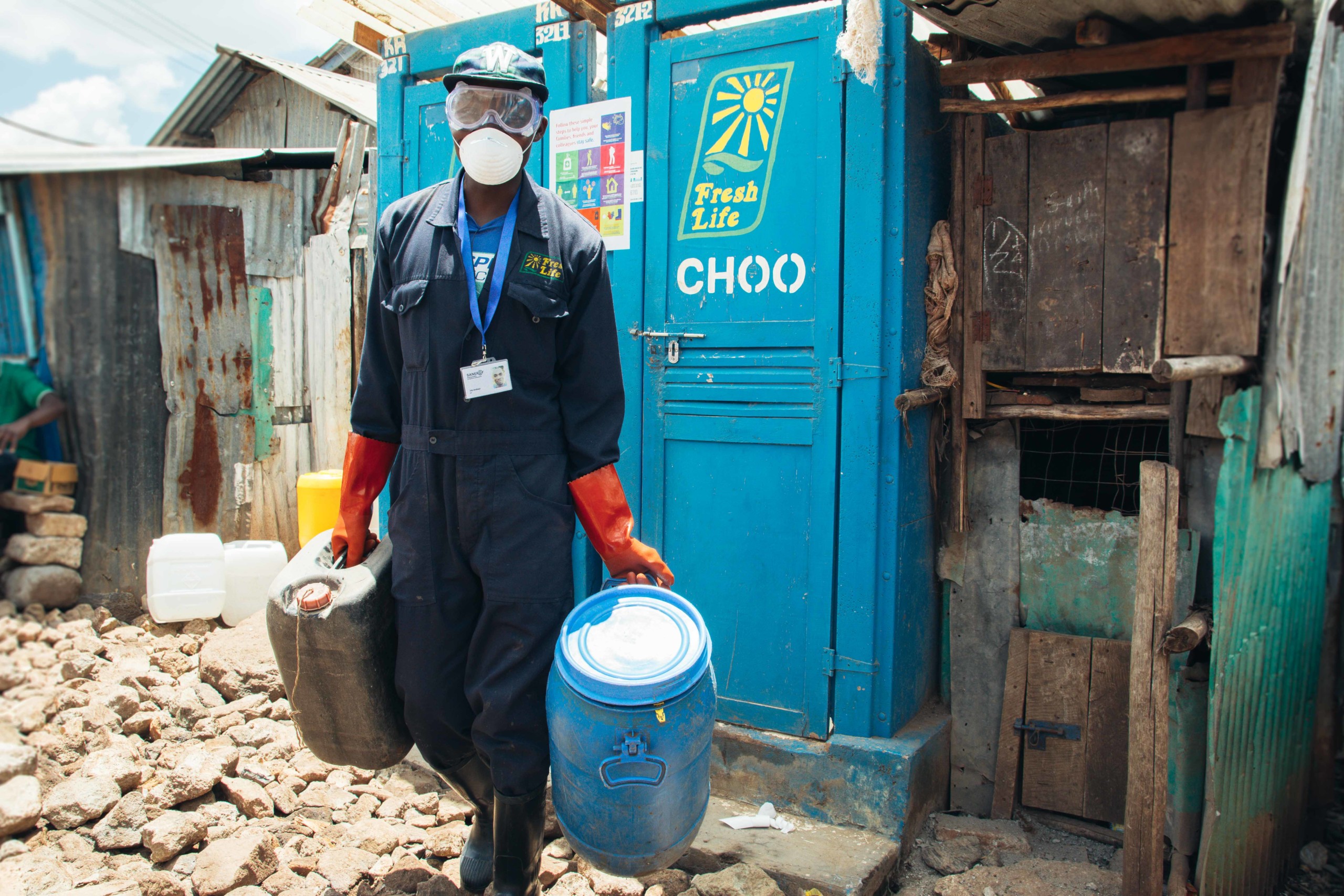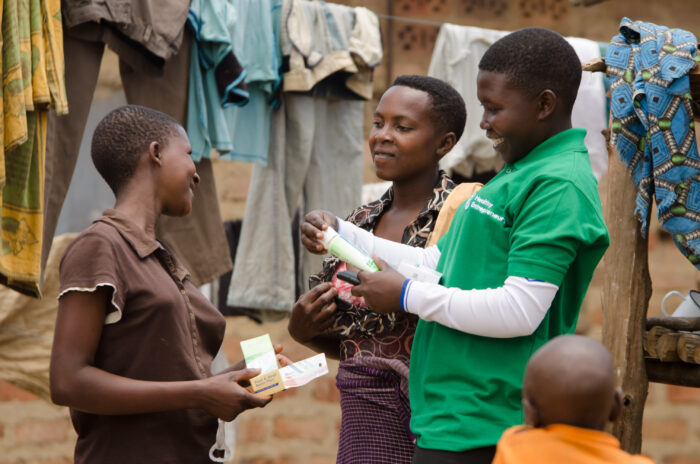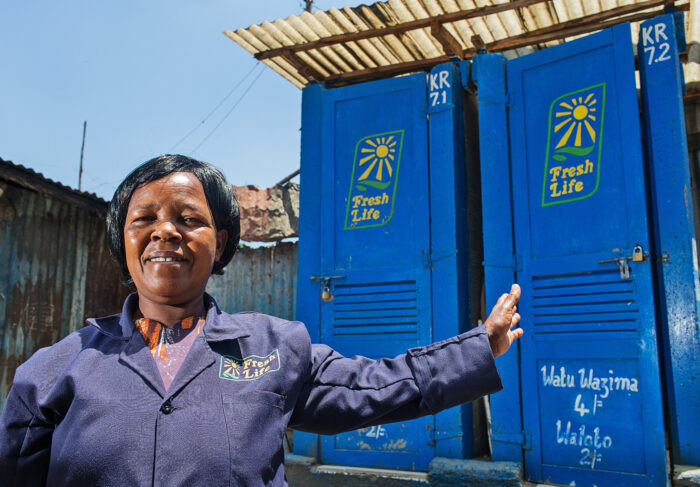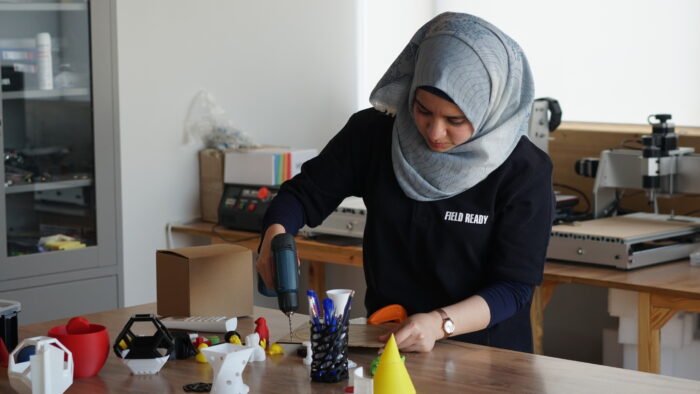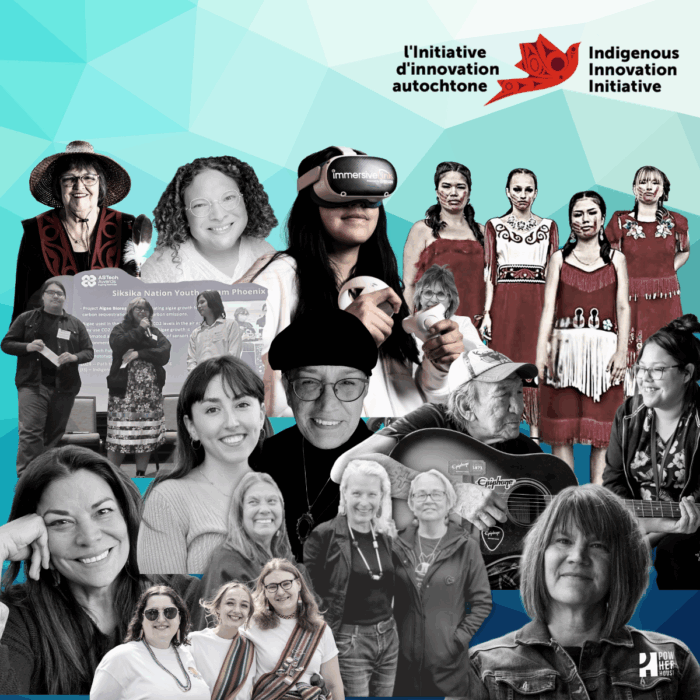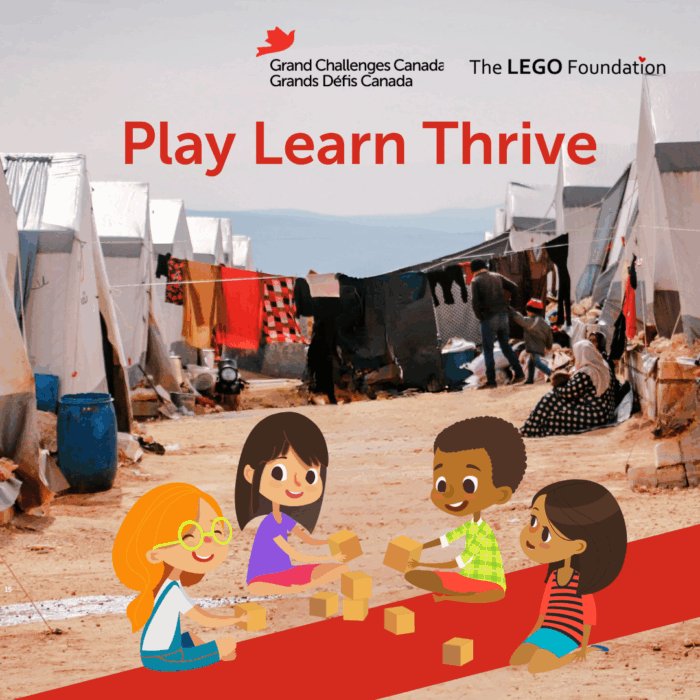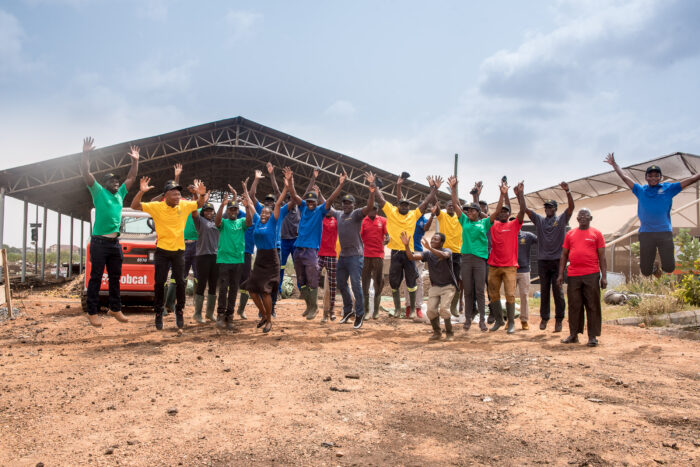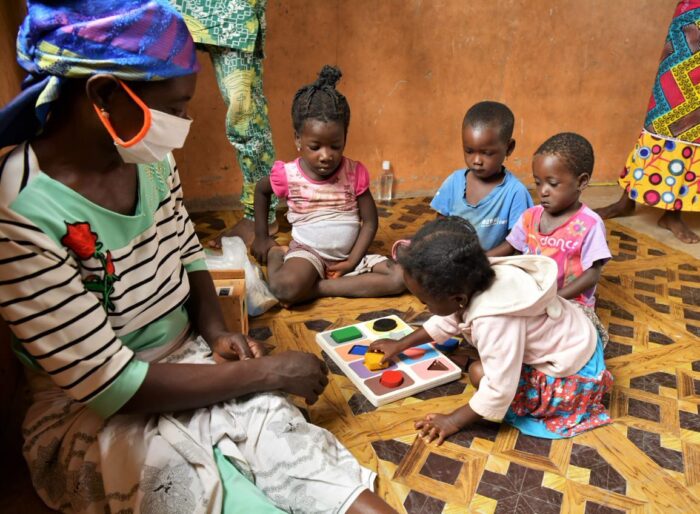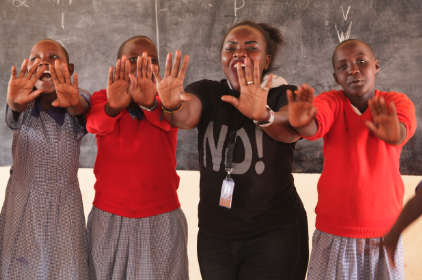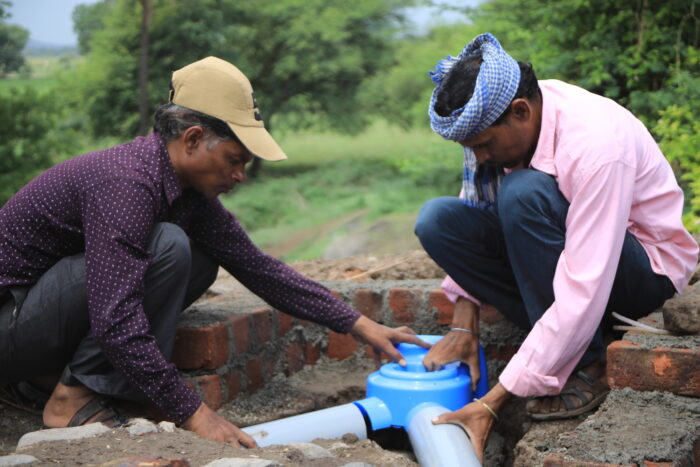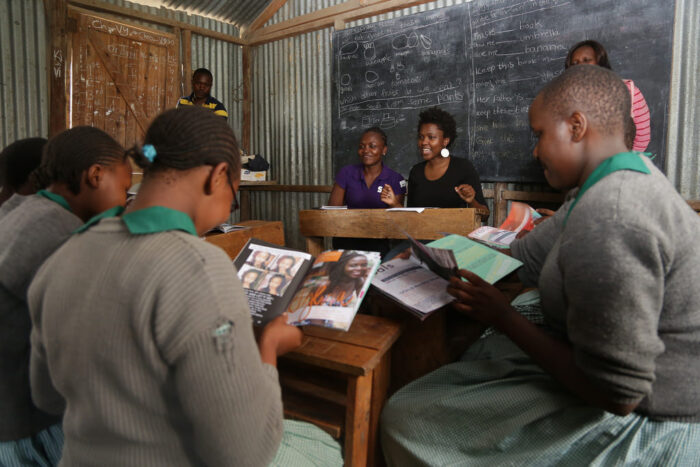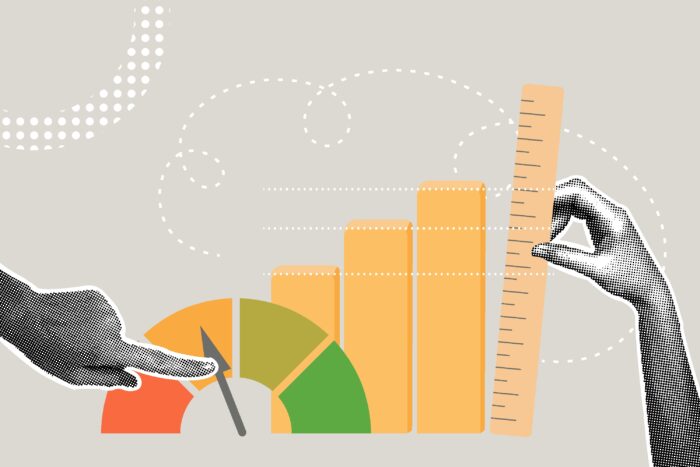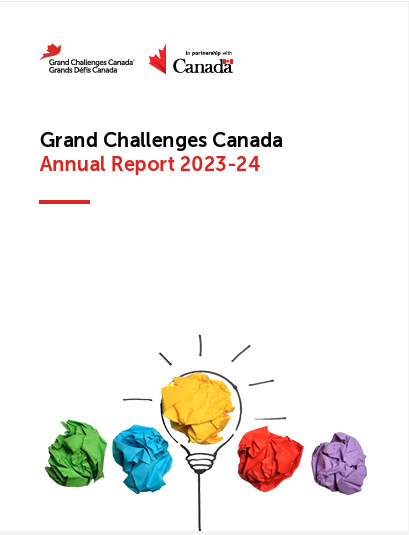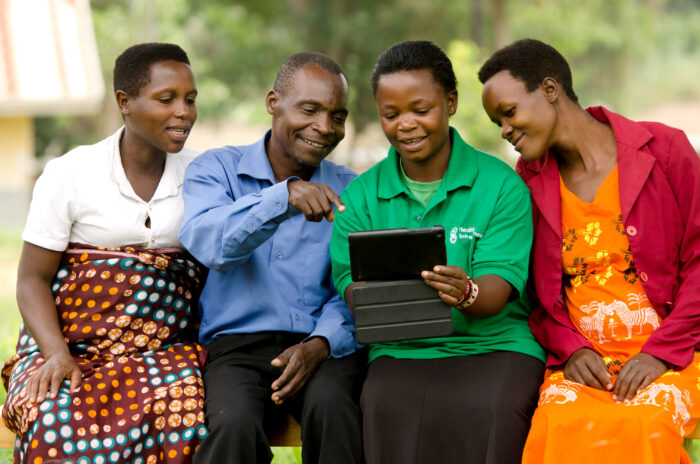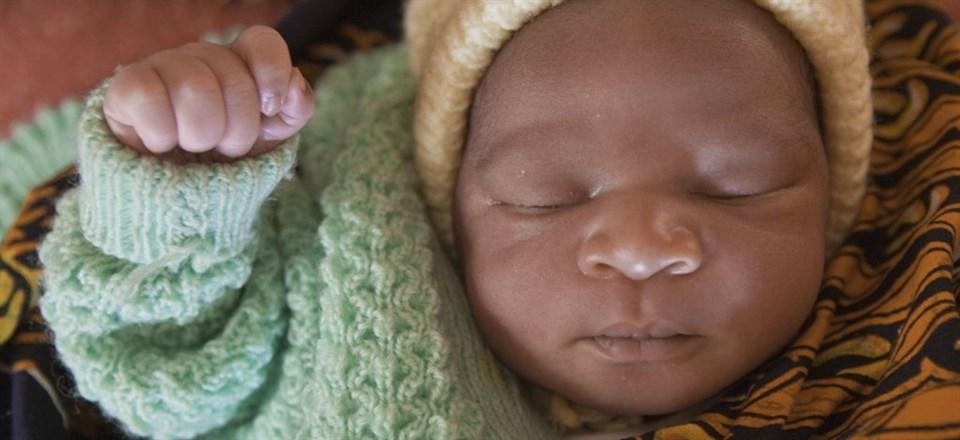Five million more children a year now survive to see their fifth birthday than 25 years ago. This is an accomplishment driven by a global commitment to specific targets to reduce under-five deaths and causes of mortality (e.g., malnutrition, HIV, malaria, diarrhea, pneumonia, preterm birth) and strengthened by the ability to measure and track progress towards the targets across the globe. Due to reliable and feasible ways to track the effect of interventions on child survival, innovative approaches were developed and deployed in a timely manner and have thus contributed to the drop in child mortality.
While there is cause for celebration – five million more fifth birthdays worth of celebration! – we are failing to ensure that every one of these children is thriving, not just surviving. Over 200 million children are currently not reaching their full developmental potential (Grantham-McGregor et al, 2007). This conservative estimate is extrapolated from the number of children whose growth is moderately or severely restricted (i.e., stunted, with length-for-age less than two standard deviations below the median) and who are growing up in extreme poverty. Physical growth, poverty and gestational age at birth are meaningful at a population level as predictors of poor school achievement and adult outcomes. However, these measures have limitations at the early stages of development for rapidly evaluating the impact of interventions on a child’s development.
Experiences and environments in the early years substantially shape the developing brain architecture, leading to the range of abilities and learning capacities a child accumulates. Significant adversity early in life can produce physiological disruptions to the developing neural circuits that persist into adulthood. On the flip side, promoting health, providing enriching and nurturing experiences and protecting children from maltreatment in the early years can set them on a trajectory towards long-term health, productivity and participation in society. For example, Guatemalan men who received a nutritional intervention before the age of three years earned almost 50% more per hour in adulthood than those who didn’t (Hoddinott et al 2008), and stunted infants who received a psychosocial stimulation intervention were less likely to be involved in a violent crime by age 22 years (Walker et al 2011). We have a window of opportunity where innovative approaches that promote and nurture early brain development can have a significant impact, helping ensure that the next generation of children thrive.
Since 2011, Grand Challenges Canada’s Saving Brains initiative has invested $28 million CAD in 44 projects and a platform that is testing innovative products, services, delivery models and policies to protect and nurture early brain and child development, to increase the human capital in low- and middle-income countries. From the outset, Saving Brains has had a determined focus on measuring results. The Saving Brains innovators were engaged to define a set of core outcome metrics to measure child development, which represents the best approach to assessment possible with currently available tools and evidence. This allows immediate action against this enormous waste of human capital potential.
At the same time, new approaches for measuring fetal and infant brain development and function that are simple, reliable, non-invasive, objective and universally applicable have the potential to accelerate the impact of interventions targeting early brain and child development. These approaches are best evaluated in the context of knowing the infants’ gestational age at birth, a major contributor to poor neurodevelopmental and growth outcomes. It is with great excitement, therefore, that the Bill & Melinda Gates Foundation is able to combine its expertise in developing innovations with its strategic focus in family health to join Saving Brains by launching a call for proposals to Explore New Ways to Measure Fetal and Infant Brain Development, including better methods to assess gestational age, either prenatally or at birth. Through this partnership, promising measurement approaches developed as a result of this call for proposals can be implemented by those testing innovative interventions, thereby accelerating both the intervention and the measurement components of the solutions being explored.
Investing in the early years of life in an effective way can result in healthy and productive members of our future society. If we care about what we measure, it is essential we measure what we care about.
Jeff Murray is the Interim Deputy Director in Family Health, Bill & Melinda Gates Foundation, and Karlee Silver is VP Targeted Challenges, Grand Challenges Canada.
For more information, please read our News Release ‘Grand Challenges Canada welcomes Bill & Melinda Gates Foundation to the Saving Brains Initiative‘. This article was also published on the Impatient Optimists blog.
We encourage you to post your questions and comments about this blog on our Facebook page Grand Challenges Canada and on Twitter @gchallenges. You can connect with the authors on Twitter @babydoctorjcm and @karleesilver
